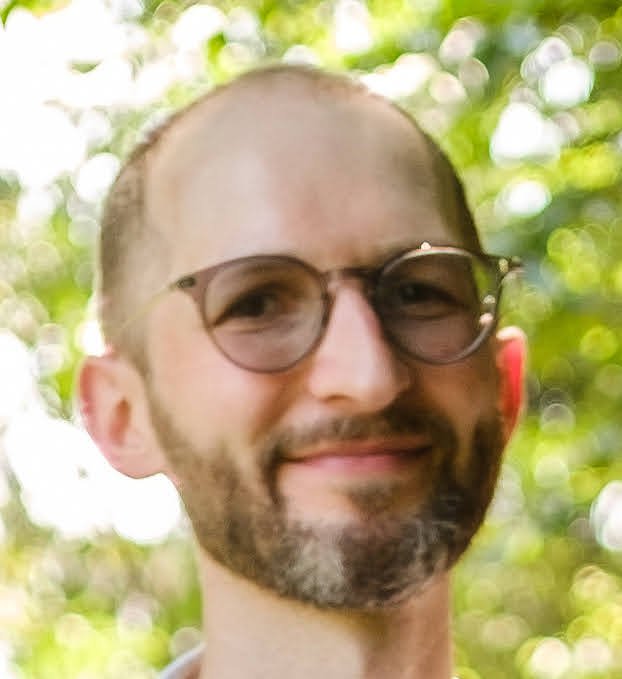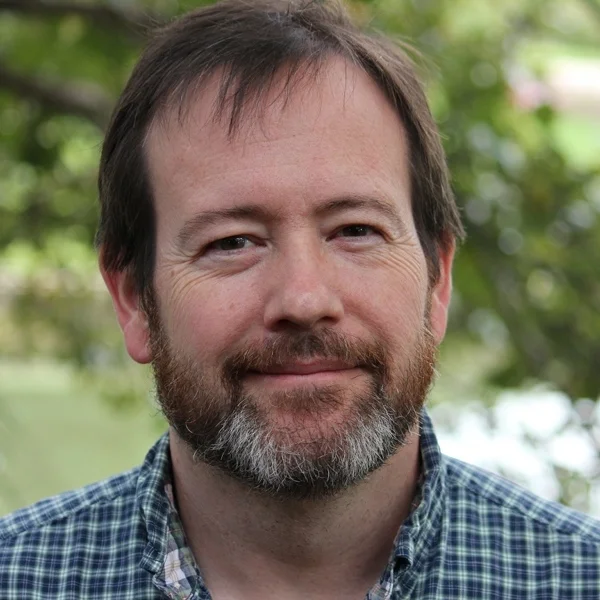Austin Days 4&5: Environment, Heightening and My New Best Friends
/Each day has a focus but none of these are as simple as "let's do some space work" or "don't forget to be somewhere." Chris Trew taught in the morning on Day 4 and he made a point that really resonated with me. A question came up about why some argument scenes or transaction scenes are really successful, and Chris said basically to throw all of those "No transaction/teaching/stranger/therapy scenes" rules out the window.
We learn a lot of pillars (in TNM lexicon these are weapons and paths but pillars is a simple metaphor). You have a game pillar, a character pillar, an environment pillar. As long as a few of those pillars are supporting your scene (probably two, or one really great one, if you have three BAM), you'll be cooking. So a transaction scene between strangers with strong Points of View and clear game, probably going to be great! Similar with environment. How can we use it as a tool to give us another place to push off from or another source of discovery/contrast?
One of my biggest discoveries of the week was on heightening: STOP DOING IT IN MY HEAD. I learned to stumble into heightening the way I discover at the top of the scene. Go out there, not knowing what the next thing is I'm going to offer, but trust that I get patterns and I get heightening and whatever comes out will be great. This was a revolution for me and led to some of the most joyous moments (mostly me watching them because I struggled with this). But I had a scene in the show on Thursday (often referred to as the blowjob scene) where I did this accidentally. I now hold this up as my ideal of how I want to feel when I'm heightening: on stage, not the back line.
And maybe I should have led with this, but I truly feel like I have 9 new best friends (plus CJ, Amy, Chris and Tami). It's like the closeness I have felt on house teams, playing with the same people for months, doing good shows and bad, great scenes and crappy scenes, I feel all of that with every one of my training camp compatriots that I met 5 days ago. If you are looking to breakthrough your work, and work hard, I can't recommend this enough.






